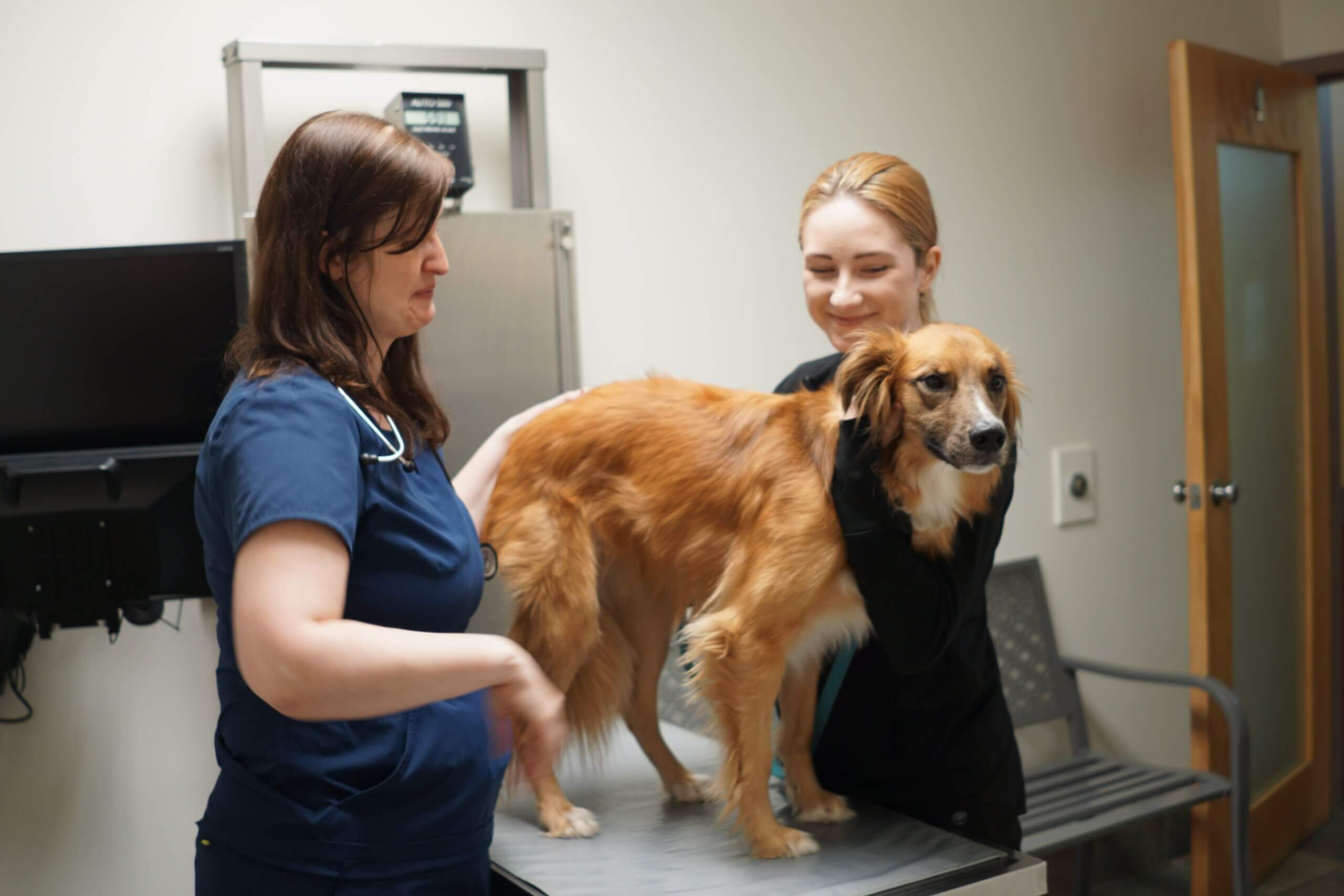
We like to think of age as just being a number, but for your pets, age is actually a very important factor in determining their care needs. Just like puppies get different care than adult dogs, senior pets need different levels of care to keep them happy and healthy. Now that it’s Senior Pet Month, there’s never been a better time to check in with your senior pet and ensure that you’re doing everything you can to maintain and improve their well-being.
Is Your Pet a Senior?
Is your pet a senior? They could be without you realizing it. That’s because cats and dogs are often considered seniors a bit earlier than you might think. For example, large dogs are seniors at just 6 years old, while smaller dogs are seniors at age 8. As for cats, they are considered seniors at 8 – 10 years old. While hitting this age doesn’t mean your pet is automatically ‘old,’ it does mean that you may have to make special considerations for them around the house and take them to see your veterinarian more often.
Senior Pet Care Around The House
Just like humans are more likely to get health issues as they get older, so do cats and dogs. This can become evident fairly early on, as your pet starts to slow down on walks and needs rest more often. They may need some extra accommodations at home, such as the addition of ramps to assist them with stairs. You may also need to adjust your expectations for your pet–you may be used to an hour-long walk in the morning, but a senior pet might not be able to handle that every single day.
Contact Your Veterinarian Today!
If you have any questions about how to care for your senior pet, please feel free to contact your veterinarian today.
